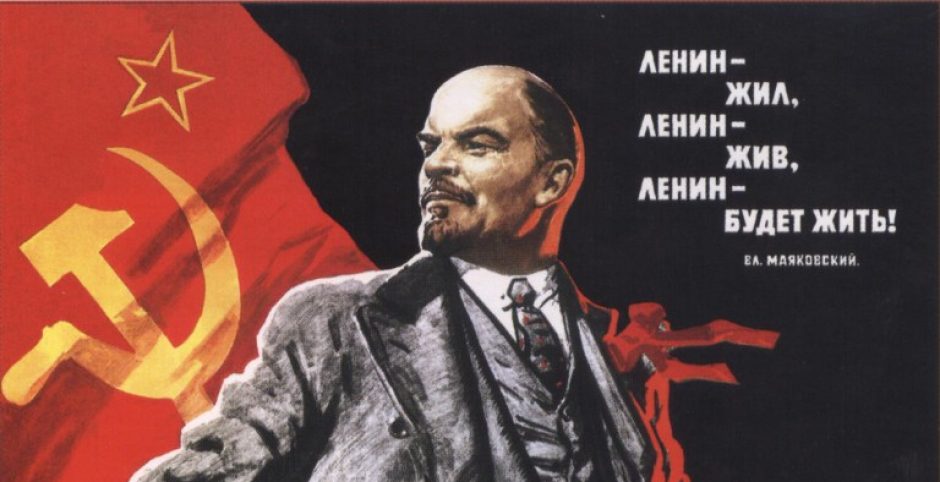Various instigating circumstances throughout history have served as catalysts in triggering monumental reform or change. Every revolution emerges from a specific and irreproducible atmosphere, from a convergence of geographical, temporal, and sociopolitical factors that dictate its successes, repercussions, and future implications. In the cases of both General Kornilov’s failed coup and of the October Revolution, how did respective internal tensions within the Provisional Government and Petrograd Soviet both stymie and engender attempts at revolution? In what ways did Russian zeitgeist, in the capitals and in the countryside, deny insurrection from the right and promote Bolshevik or soviet victory?
Furthermore, Lenin’s “belligerent” and “uncompromising” (Fitzpatrick, 50) rhetoric in the April Theses appears characteristic of his general speech as Bolshevik figurehead. What role did slogans (“peace, land, and bread”, “all power to the soviets” [Fitzpatrick, 51]) play in inciting class discord, and what was the nature of their evolutions at the hands of various left-of-center groups and individuals? How did Lenin’s employment of ambiguity, in dealing with the proletariat and bourgeoisie alike, suspend potential resistance and eventually serve his greater revolutionary purpose?
